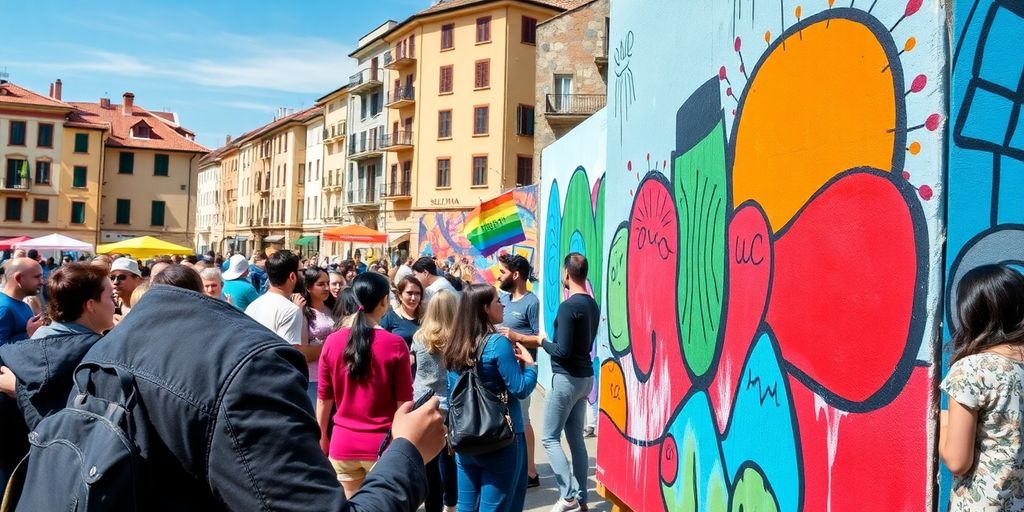Slovenia is set to hold a pivotal referendum on Sunday regarding a government proposal to provide special pension top-ups for award-winning artists. This initiative has ignited a fierce cultural debate, with opposition parties framing it as a battle against perceived elitism in the arts.
Key Takeaways
- The referendum will determine the fate of pension top-ups for artists, a move supported by the current government.
- The opposition, led by the conservative Slovenian Democratic Party, has launched a campaign against the proposal, labeling it as elitist.
- The outcome hinges on voter turnout and the proportion of votes against the bill.
Background of the Referendum
The referendum arises from a government bill that aims to reform pension provisions for artists, a system that has remained largely unchanged since 1974. The current coalition government, which includes the Freedom Movement, Social Democrats, and Left parties, argues that the reform is necessary to modernize the criteria for pension eligibility, moving away from subjective political influence.
The bill, which passed through parliament in January, seeks to establish stricter guidelines for who qualifies for these pension enhancements, ensuring that only those with significant contributions to the arts receive additional support.
The Opposition’s Campaign
The conservative Slovenian Democratic Party (SDS), led by Janez Janša, has seized upon this issue to galvanize support against the government. Janša has characterized contemporary art as “degenerate,” echoing historical rhetoric used by authoritarian regimes to denounce modern artistic expressions. This framing has resonated with segments of the population who feel disconnected from the cultural elite.
Campaign materials have included provocative imagery, such as a controversial photo of artist Maja Smrekar, which has been used without her consent. Smrekar’s work, which explores human-animal relationships, has become a focal point in the debate, illustrating the tensions between artistic expression and political narratives.
Voter Dynamics and Implications
For the referendum to succeed in rejecting the pension top-ups, at least 20% of eligible voters must cast a “no” vote, and this must constitute more than half of all votes cast. With Slovenia’s population at approximately 2.12 million, the stakes are high for both sides.
The government argues that the proposed changes will ultimately stabilize public spending on pensions, while the opposition warns that it will lead to increased financial burdens on taxpayers, particularly as Slovenia grapples with broader pension reforms that include raising the retirement age.
Broader Context
This referendum is not just about pensions; it reflects deeper societal divisions regarding culture, art, and the role of government in supporting the arts. The current government, led by Prime Minister Robert Golob, has urged voters to boycott the referendum, framing it as a misuse of public resources for political gain.
As Slovenia approaches national elections, the outcome of this referendum could significantly influence the political landscape, potentially reshaping the relationship between the government and the artistic community.
In conclusion, the upcoming referendum on artist pensions in Slovenia encapsulates a broader cultural conflict, highlighting the challenges of balancing support for the arts with public sentiment and fiscal responsibility. The results will likely resonate beyond the immediate issue, impacting future cultural policies and political dynamics in the country.






